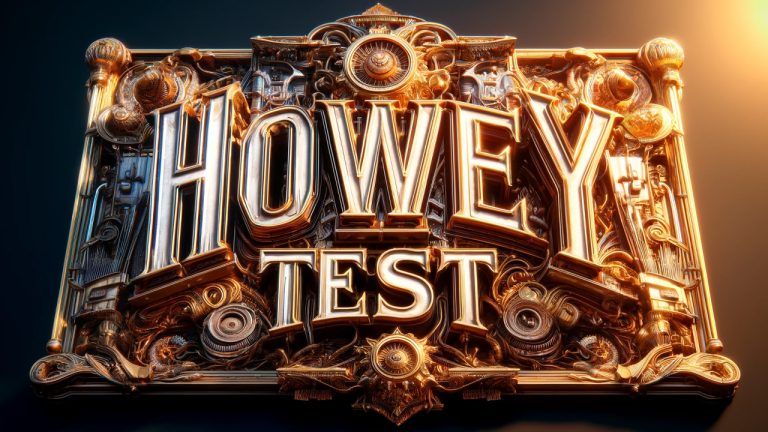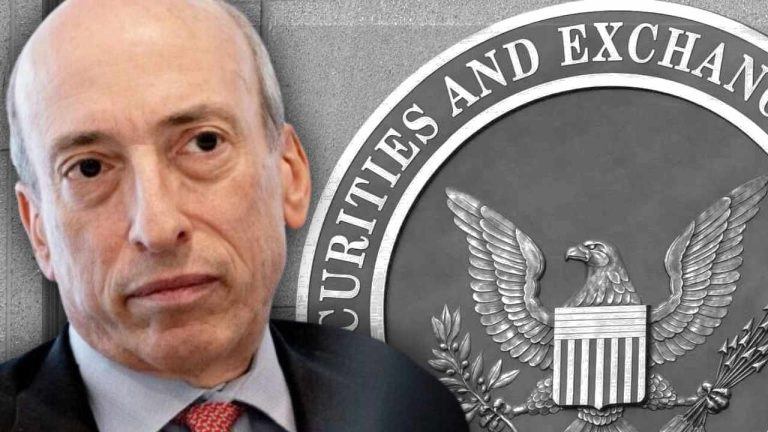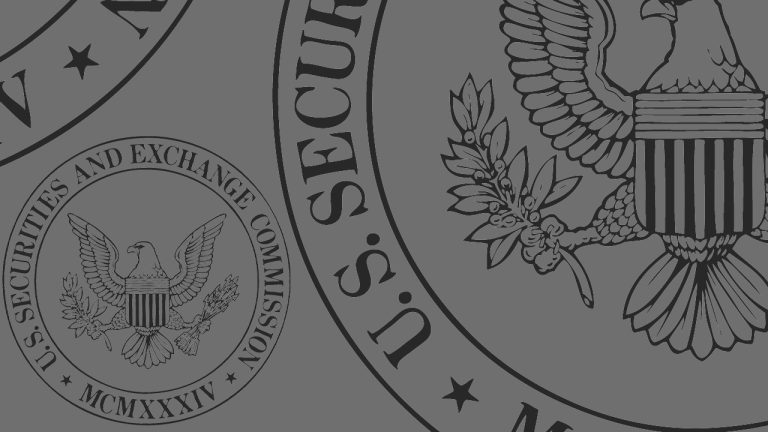
In the latest round of the SEC suit against Binance, Binance.US and CZ, the agency has largely repeated itself in a form more acceptable to the court.
The United States Securities and Exchange Commission (SEC) has responded to a motion for the dismissal of its amended suit against cryptocurrency exchanges Binance and Binance.US and former Binance CEO Changpeng Zhao alleging they operated an unregistered securities exchange. The allegation is based on the sale of ten cryptocurrencies on the secondary market intermediated with the exchange’s BNB coin.
The SEC filed an amended complaint after Judge Amy Berman Jackson in the US District Court for the District of Columbia questioned the reasoning in a complaint making the same allegations. The Binance exchanges and Zhao filed a motion for the dismissal of the complaint on Nov. 4.
The SEC’s Memorandum of Law opposing the motion to dismiss responds to their claim that the SEC complaint does not plausibly produce facts to satisfy the Howey test. The memorandum discusses each prong of the test and reiterates the SEC’s position on them.










